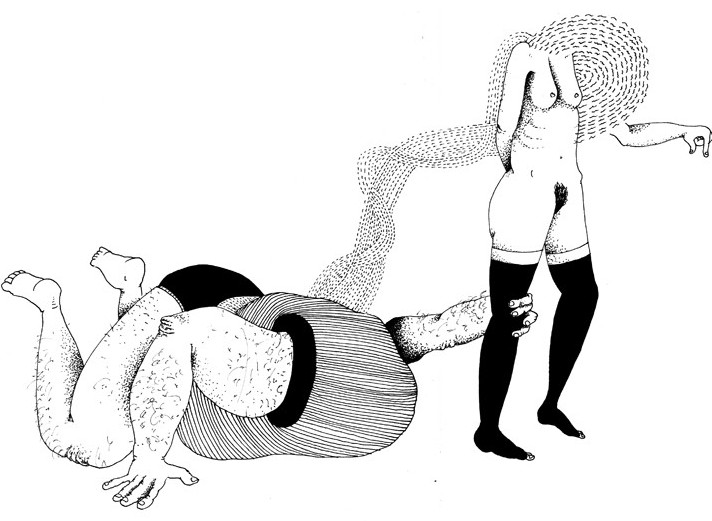 Here are five incredible things about black holes that may blow your mind:
Here are five incredible things about black holes that may blow your mind:(1) A new black hole is discovered every day from telescopes on Earth, making it appear that black holes are actually not rare, and that there are billions of them scattered across the cosmos. (How do we see "black" holes in deep dark space? We see gamma ray bursts and quasars, the two most powerful concentrations of energy and light in the universe, and infer from their existence the presence of black holes.)
(2) Because the gravity beyond the event horizon (the threshold between a black hole and the rest of space) becomes exponentially more immense, if you were to fall in feet first, your toes (the part closest to the black hole) would get stretched must faster than the rest of you (the parts farthest from the hole). This would turn you into an odd looking disproportionate piece of spaghetti (not to mention resulting in a medieval style demise).
(3) The sands of time become suspended as if in glass once you have crossed the event horizon. So, from the perspective of the outside observer, nothing is ever actually consumed by a black hole. That is, whatever is moving into the hole just freezes in perpetuity at the event horizon. But, from the perspective of the object entering the hole, although time technically stops, it keeps moving into a world of which we know absolutely nothing.
(4) When a black hole sucks in tons of gas and star dust and the like, where does it go exactly? Some physicists are now speculating that on the other side of black holes are "white holes" that burst out all of the matter and energy which are flooding into the black hole at any given moment. So, if you could somehow place this entire process in a single image, you might see a black hole gobbling up matter on one side, while spewing it out at unfathomable speeds on the other. If this is true, it might mean that there are as many independent universes existing as there are black holes (look back to number 1)! Even more compellingly, it may suggest that the Big Bang which begat our universe might be a white hole, and thus our flesh and blood may originate from a black hole in another universe possible inaccessible and unknowable to us.
(5) The moon revolves around the earth, the earth revolves around the sun...and the sun revolves around? Yes, you guessed it - our sun, and our solar system for that matter, spin around a supermassive black hole at the center of the Milky Way galaxy. Scientists now maintain that many of the galaxies out there contain at their hearts a black hole of some size (from 20 miles across to millions of times the mass of our sun), which is also the progenitor of the galaxy itself.
So, are black holes the builders or the destroyers of our reality? It would appear that actually they are both, murdering all matter within their sphere of influence, while sporadically breathing vitality into old dead star particles in perhaps both this universe and the next.
Sources and related reading:
How the Universe Works, Discovery TV series
Life inside a black hole
Black holes: Dark and deadly
Universe is not a black hole
.jpg)
.jpg)
.jpg)



.jpg)